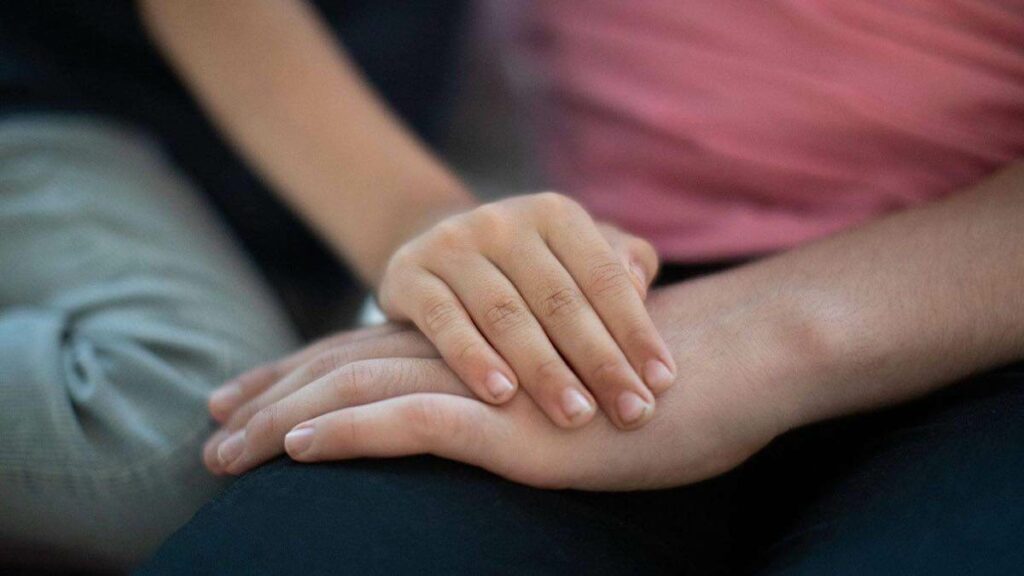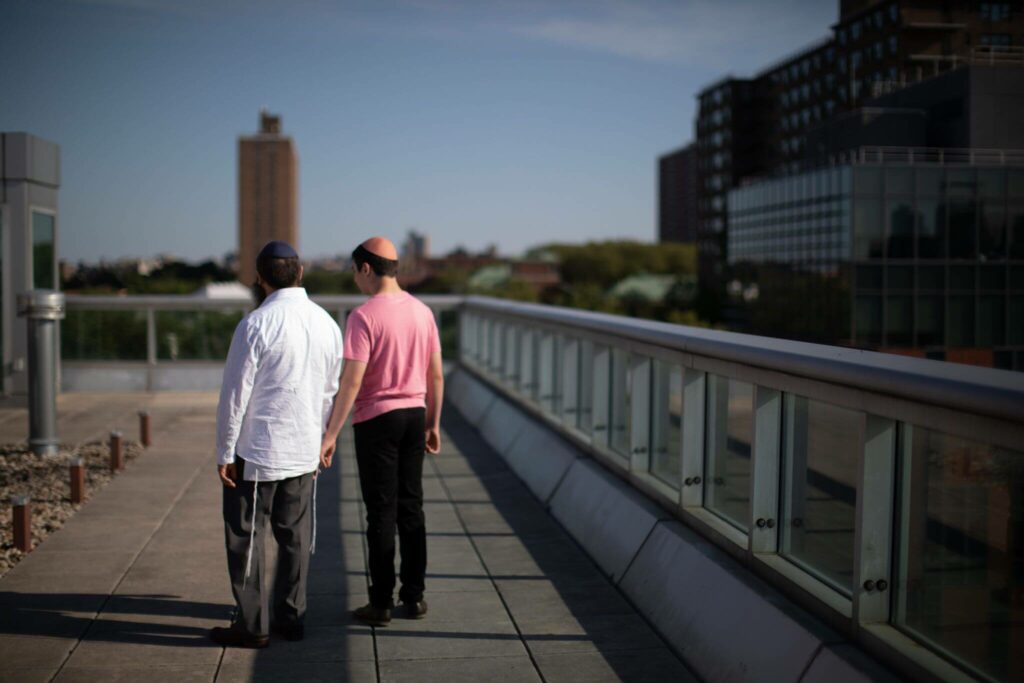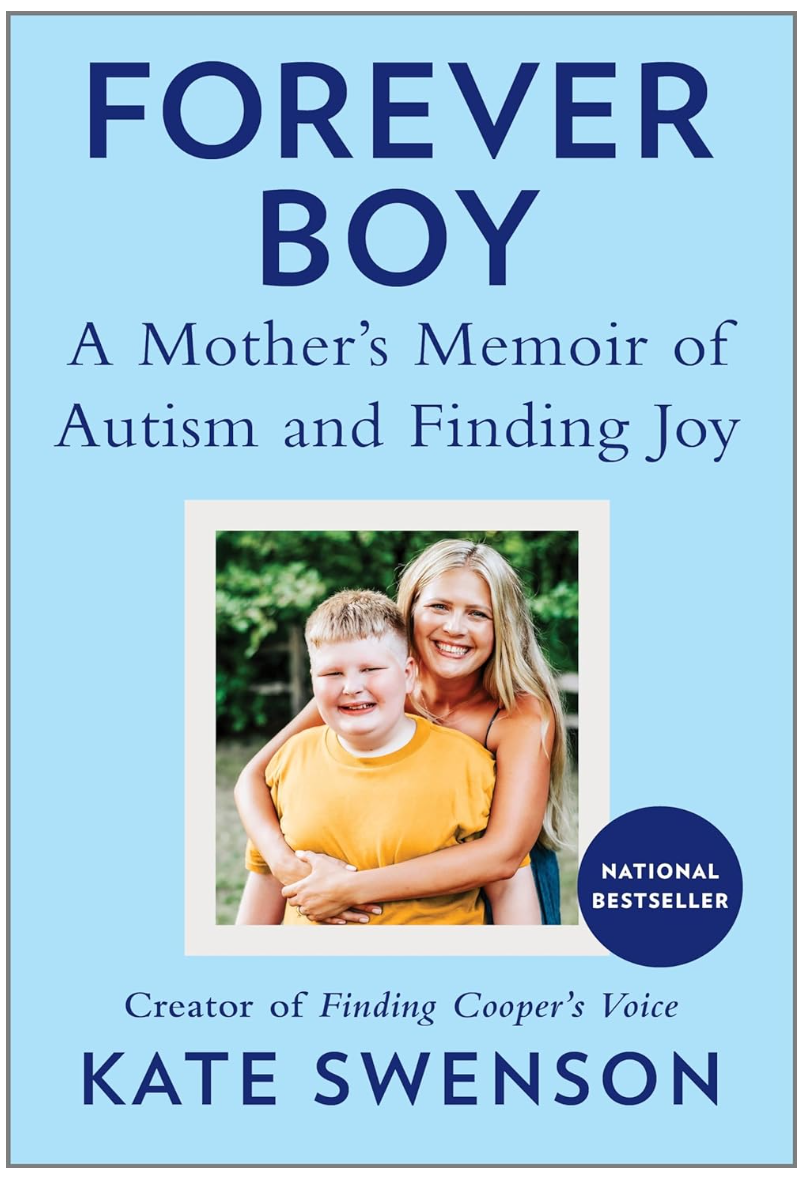Acceptance Is Not About Resignation

The special needs “warrior mother” is a well-known figure. She’s the mother that kept pushing, read all the literature, challenged the doctors, demanded services, lobbied congress: in short, she changed the world and then went on Oprah to promote the book.
Chances are she’s reading this right now… boy, am I in trouble!
Yet how often do we hear of the warrior fathers?
Crickets.
When I first heard the experts murmur the A word, my defense mechanisms kicked into high gear and I immediately erected a wall of denial around myself.
Deep down, I was scared: scared for the future of our son and what a diagnosis may mean, scared of the stigma of him carrying a label, scared of having to keep up appearances in a tight-knit religious Jewish community, especially because I am a rabbi!
As a leader of a synagogue, I felt an obligation to put on my game face and solve everybody else’s problems; I couldn’t burden them with mine.
I was voted Brooklyn’s most hipster rabbi (it’s on the internet, so it must be true); my way of bonding with my congregants was through humorous topics, not heavy ones.
Also, growing up in the North of England, I was taught that the emotional was to be kept firmly in check. My family was like the working class Windsor(steins): the stiffest of stiff upper lip, with a shmear of Jewish guilt.
After my son’s diagnosis, I told myself that my child was “just artsy” and that he would “grow out of it.” A favorite was, “The doctors don’t know what they are saying.” (I still use that one and sometimes it’s true!)
I would not say I was neglectful. Rather, I would describe myself as practical, an Uber driver along for the ride.
But deep down, I was mourning a typical father-son relationship.
I was sad I would never teach my child all the things my father had taught
me, like scoring the winning goal, going fishing, camping and, of course, learning how to tie a knot.
Except here is the funny thing: I actually never did any those things with my father, nor did I do them with my older son. I don’t even like fishing, and I don’t think my son would either.
There’s no reason our relationship had to fit into some imaginary mold. By
doing activities we both loved, and simply enjoying being together, we could forge a bond tighter than any knot we would have tied on our imaginary camping trips.

Looking back, I see my façade was just self-preservation.
In the stages of acceptance, denial comes first. This makes sense, because the brain seeks protection from pain by denying what is difficult. When you’re grappling with something scary and unknown, denial does have some value, despite its bad reputation.
The problem with denial is that it may provide temporary relief but in the long run, it didn’t help our child.
I needed to come to terms with my family’s new reality, especially in a world where early intervention services and supports are so crucial.
My wife had from the very beginning gotten what I had been initially unable to accept. Immediately upon receiving our son’s diagnosis, she sought out every resource.
Eventually she found and joined Coop’s Troops. Membership gives her hope, but also friendship. The group has grown to a community, a village, and a second home for my wife, who regularly falls asleep with Kate in her ear.
Sometimes I feel like there are more than just two people in my marriage: Kate and all the Coop’s Troops mothers are here with us, too!
When Coop’s Troops opened a dads’ group, my wife encouraged me to get involved, so I begrudgingly joined.
I had the sneaking feeling that one the only things that united us dads in the group is that their wives had also coerced them into joining. Mostly we awkwardly share memes and dance around our feelings… but we are trying.
Without dwelling on gender stereotypes, it does seem harder for the dudes to talk about their feelings. Machismo is at odds with vulnerability. And whilst I rarely comment on the memes, I notice them and know the dads are trying.
Today I’m still the Uber driver, frequently schlepping to Boston where our son is in a residential school, but I’m far more engaged. At times I even enjoy fighting in IEP meetings and challenging the doctors.
It took a while, but my denial phase eventually ran its course, and I’ve come to accept, even embrace my son’s diagnosis, with all its attendant challenges and joys.
Acceptance is not about resignation.
It’s a verb––a consistent action. It is an active process to be practiced.
I’ve even begun contributing to my own community, shifting my role from hipster rabbi to autism rabbi. I’ve started my own advocacy organization, aimed at providing education and resources to the Jewish community.
I hope that sharing my experience will make other dads and caregivers feel empowered to open up and tell their “warrior father” stories.

Written by, Rabbi Simcha Weinstein
Rabbi Simcha Weinstein is a best-selling author who was voted New York’s Hippest Rabbi by PBS Channel 13. He chairs the Religious Affairs Committee at Pratt Institute. He is the co-founder of the Jewish Autism Network and resides in Brooklyn. Follow our journey on Instagram at @rabbisimcha
Interested in writing for Finding Cooper’s Voice? LEARN MORE
Finding Cooper’s Voice is a safe, humorous, caring and honest place where you can celebrate the unique challenges of parenting a special needs child. Because you’re never alone in the struggles you face. And once you find your people, your allies, your village….all the challenges and struggles will seem just a little bit easier. Welcome to our journey. You can also follow us on Facebook, subscribe for exclusive videos, and subscribe to our newsletter.

